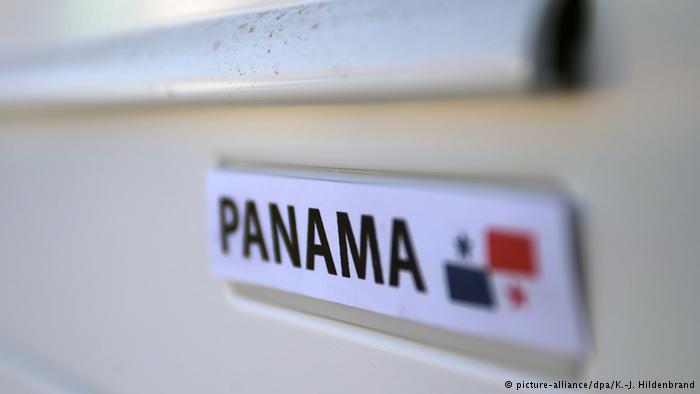But the other headline news was the release of the so-called Panama Papers. It was an amazing effort from journalists around the world. Major global papers such as the Guardian had coordinated on the story for a year, before going public in tandem for maximum impact.
The next few weeks were an absolute whirlwind for tax justice campaigners like myself. David Cameron was to hold an anti-corruption summit five weeks later as financial transparency issues dominated debates in the press and UK Parliament. A tabloid furore around offshore accounts held by David Cameron’s late Father created a lot of noise but distracted from some of the key revelations - primarily the absolute mass web of secretive financial jurisdictions that cost people in developing countries so much money.
The night before his anti-corruption summit, David Cameron was caught on an open microphone, saying that Nigeria and Afghanistan were ‘fantastically corrupt’. The recently elected President Buhari of Nigeria famously blamed the UK for facilitating the corruption that affected his country, and asked us to give the money back.
But there was some truth in Buhari’s comments. While we in the developed world often lazily and arrogantly think that corruption takes place almost exclusively in developing countries, the fact is the UK is responsible for many of the world’s main tax havens. We are providing the structure by which developing countries are losing hundreds of billions of pounds every year. According to the Tax Justice Network, together with our Overseas Territories (for example, the British Virgin Islands and Cayman Islands) and Crown Dependencies (for example, the Isle of Man), we are the largest financial secrecy jurisdiction in the world.
Real people in developing countries are suffering, as more money is leaving their countries than is being received in aid. Oxfam has an excellent statistic - around a third of the richest Africans’ wealth sits in offshore tax havens. If that money was held onshore in Africa and taxed properly, we would have enough money to pay for enough teachers to educate every child in Africa.
There are countless case studies of when people in developing countries have suffered as a result of secrecy facilitated by the UK. For example, according to Global Witness an anonymous British Virgin Islands company was used to buy property in Brussels as part of a scheme by the former President of Zambia to steal $25m from the Zambian Ministry of Finance.
To be fair, David Cameron led the world in introducing transparency to shine a light on some of these problems. He put the issue front and centre at the G8 in 2013, and ensured that the UK was the first major country to publish a list of who owns which companies. This register makes it harder for people to use secret company ownership to dodge taxes or hide corruption in the UK. Similar legislation is being planned to ensure we all know who owns UK property. These are real steps forward.
In late 2013, David Cameron asked the UK’s Overseas Territories and Crown Dependencies to consider a similar public register to the UK’s. After over three years of obfuscation, delays, and mixed attention from UK Government Ministers, only one of the UK’s Overseas Territories has so far pledged to adopt real transparency - tiny Montserrat, with a population of around 5000. Places such as the British Virgin Islands, which has 15 companies for every person, which are 11 times more likely to be involved in grand corruption than a US company, are still far away from introducing real transparency.
A year on from the scandal of the Panama Papers and in the new reality of Brexit, the UK is thinking about its ‘Global Britain’ role in the world. The UK must continue to lead on transparency and anti-corruption issues. The first step in this should be committing that all of our Overseas Territories will have the same level of transparency as the UK, and within the lifetime of this Parliament. That will help to ensure that we stop facilitating so much of the corruption that is affecting the world’s poorest the most. And it means that we can, with a genuine integrity, work to persuade other countries to adopt transparency too. Further Panama Papers-style leaks are coming, let’s get ahead of the curve rather than always being on the defensive.
And hopefully we’ll win the next T20 World Cup in 2018 too.
Simon Kirkland is Senior UK Political Adviser at Christian Aid.
/The Huffington Post/
More about: #PanamaPapers
















































